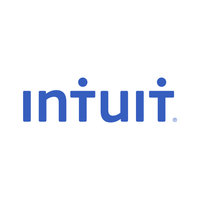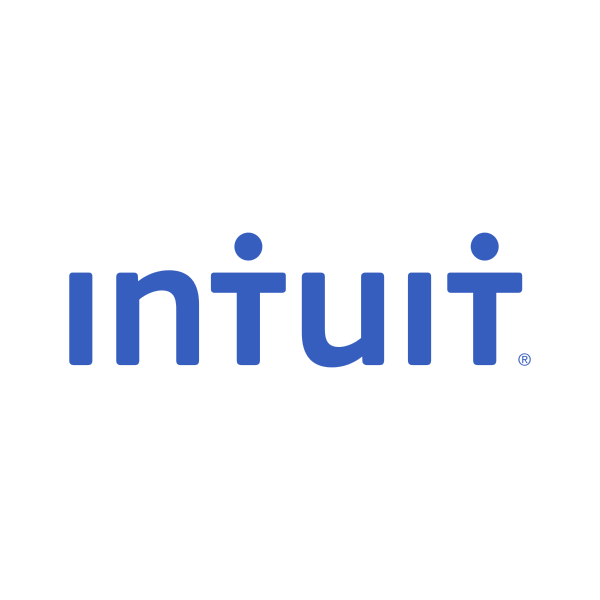
Intuit Inc
NASDAQ:INTU


Utilize notes to systematically review your investment decisions. By reflecting on past outcomes, you can discern effective strategies and identify those that underperformed. This continuous feedback loop enables you to adapt and refine your approach, optimizing for future success.
Each note serves as a learning point, offering insights into your decision-making processes. Over time, you'll accumulate a personalized database of knowledge, enhancing your ability to make informed decisions quickly and effectively.
With a comprehensive record of your investment history at your fingertips, you can compare current opportunities against past experiences. This not only bolsters your confidence but also ensures that each decision is grounded in a well-documented rationale.
Do you really want to delete this note?
This action cannot be undone.

| 52 Week Range |
561.23
706.25
|
| Price Target |
|
We'll email you a reminder when the closing price reaches USD.
Choose the stock you wish to monitor with a price alert.
This alert will be permanently deleted.
 Intuit Inc
Intuit Inc
 Intuit Inc
Accounts Receivables
Intuit Inc
Accounts Receivables
Intuit Inc
Accounts Receivables Peer Comparison
Competitors Analysis
Latest Figures & CAGR of Competitors

| Company | Accounts Receivables | CAGR 3Y | CAGR 5Y | CAGR 10Y | ||
|---|---|---|---|---|---|---|

|
Intuit Inc
NASDAQ:INTU
|
Accounts Receivables
$426m
|
CAGR 3-Years
1%
|
CAGR 5-Years
33%
|
CAGR 10-Years
12%
|
|

|
Salesforce Inc
NYSE:CRM
|
Accounts Receivables
$7.2B
|
CAGR 3-Years
11%
|
CAGR 5-Years
18%
|
CAGR 10-Years
24%
|
|

|
Palantir Technologies Inc
NYSE:PLTR
|
Accounts Receivables
$364.8m
|
CAGR 3-Years
32%
|
CAGR 5-Years
80%
|
CAGR 10-Years
N/A
|
|

|
Applovin Corp
NASDAQ:APP
|
Accounts Receivables
$953.8m
|
CAGR 3-Years
48%
|
CAGR 5-Years
51%
|
CAGR 10-Years
N/A
|
|

|
Adobe Inc
NASDAQ:ADBE
|
Accounts Receivables
$1.8B
|
CAGR 3-Years
5%
|
CAGR 5-Years
5%
|
CAGR 10-Years
13%
|
|

|
Microstrategy Inc
NASDAQ:MSTR
|
Accounts Receivables
$109.2m
|
CAGR 3-Years
-4%
|
CAGR 5-Years
-2%
|
CAGR 10-Years
7%
|
|
Intuit Inc
Glance View
Intuit Inc., a leading financial software company, has carved a niche for itself in the economic landscape, catering to the needs of individuals, small businesses, and accountants alike. Established in 1983, Intuit is best known for its flagship products like TurboTax, QuickBooks, and Mint. TurboTax revolutionized tax preparation, making it accessible and user-friendly for millions during tax season, while QuickBooks has become the quintessential accounting solution for small business owners looking to streamline their finances and improve productivity. As the world increasingly turns to digital solutions, Intuit has embraced innovation, investing in artificial intelligence and cloud computing to enhance user experience and drive efficiency. For investors, Intuit represents a compelling opportunity, driven by a robust growth strategy and a strong market position. With recurring subscription revenue from its cloud-based products, the company maintains a resilient business model that offers stability even amidst economic fluctuations. Intuit's commitment to continuous enhancement of its offerings ensures it remains relevant in a rapidly evolving landscape, appealing to a diverse customer base. Moreover, strategic acquisitions, such as the recent purchase of Mailchimp, expand its ecosystem and potential revenue streams, positioning Intuit favorably for sustained growth. With a financial foundation supported by consistent revenue growth and profitability, Intuit not only embodies the principles of sound investment but also presents itself as a trusted partner in the financial journey of its users.

See Also
What is Intuit Inc's Accounts Receivables?
Accounts Receivables
426m
USD
Based on the financial report for Oct 31, 2024, Intuit Inc's Accounts Receivables amounts to 426m USD.
What is Intuit Inc's Accounts Receivables growth rate?
Accounts Receivables CAGR 10Y
12%
Over the last year, the Accounts Receivables growth was 15%. The average annual Accounts Receivables growth rates for Intuit Inc have been 1% over the past three years , 33% over the past five years , and 12% over the past ten years .


 You don't have any saved screeners yet
You don't have any saved screeners yet
